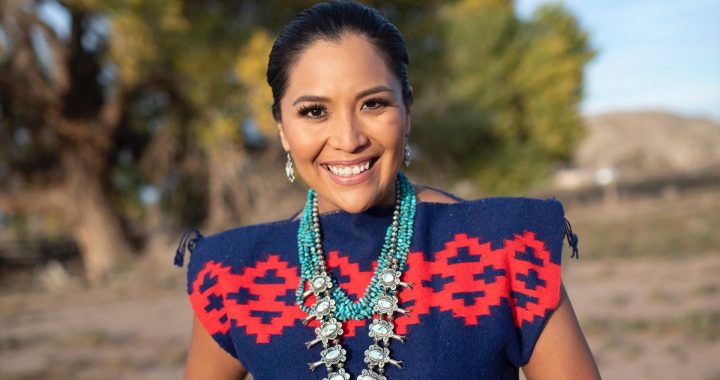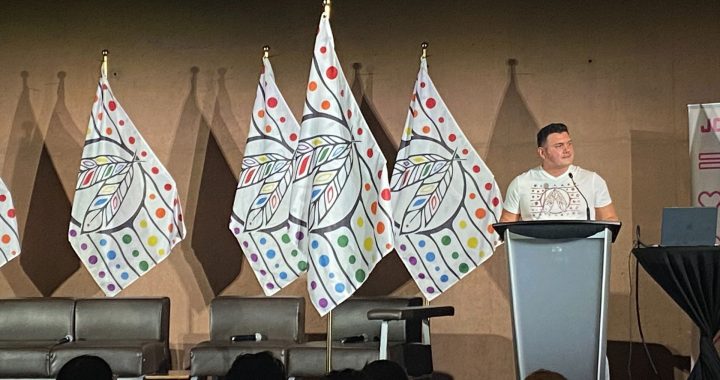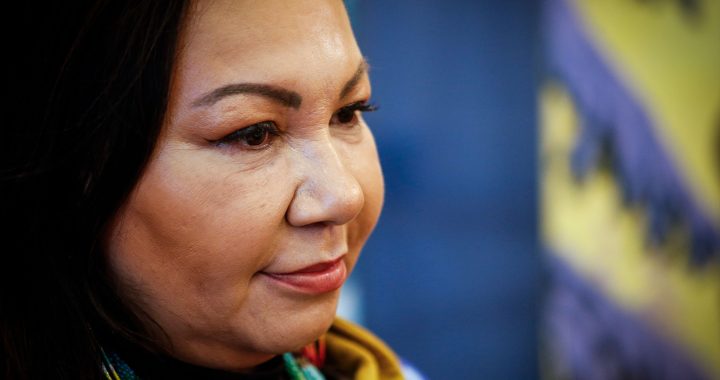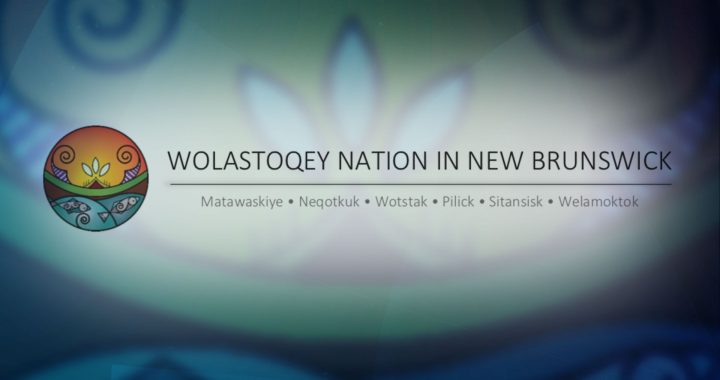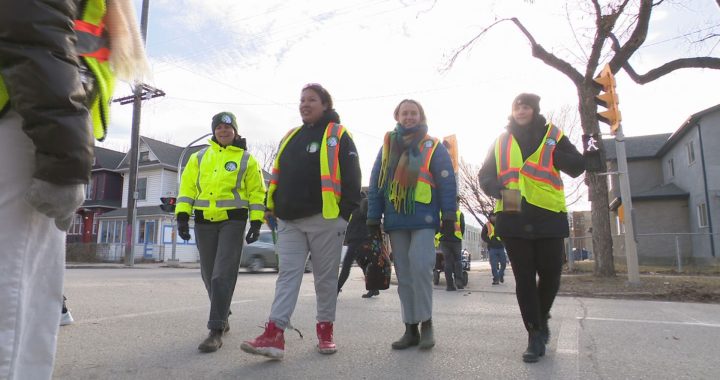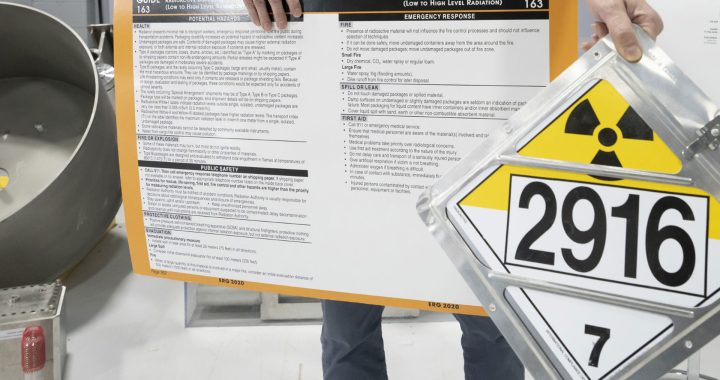Wally Samuel walks through what used to be the girls’ playground at the former Alberni Indian Residential School with his son Ed.
Samuel was just 8 years old when he was forced to come here from his Ahousaht village on the west coast of British Columbia.
He said the memories are as vivid as if they happened yesterday.
“I came from a village where I was free to do what I wanted,” he said. “But when we got here it was just like coming to a prison or a jail, you know under so many rules. Changed our clothing, cut our hair you know and we weren’t allowed to visit our relatives especially the females on this side.
“We had cousins and sisters on this side where weren’t allowed to visit them it was lonesome you know taken out of your village, out of your family.”
Children from at least 90 communities spanning more than 70 First Nations attended the school when it operated from 1900 to 1973.
On Feb. 22, Tseshaht First Nation on Vancouver Island has announced the detection of 17 suspected unmarked graves on the site of the former school. The nation, which took the lead in an 18-month effort to find potential graves of schoolchildren said interviews with survivors, historical records and other documents show 67 students died at the school.
For Wally, despite the fact he wasn’t allowed to talk with the female students, this is where he met his future wife Donna. He said both of them have worked hard to heal.
“After we got out of here we just worked, we worked and worked,” he said. “Kept our minds on the job and luckily we had cultural people from our communities that re-taught us, revived our culture.
“It’s because they knew me as a kid at home and they helped us relearn our culture that made us stronger being proud of who we are.”
Despite the healing, Samuel said what took place at the school still haunts him.
“We were forced to do things, that was the hard part, being forced to do things,” he said. “Practice things they wanted us to know as kids. We enjoyed our lifestyle at home. There we never ever got forced to do anything so it was the environment here, it was very violent, violent and abusive.
“The supervisors were mean they didn’t give a hell about us you know we were like their prisoners.”
Samuel was part of the advisory team that conducted the search. He said there’s still a lot to uncover.
“We advised the ground searchers to look there in the hills and there is a little farm down here we asked them to look at you know so,” he said. “You know I’m really glad we are starting to see the light, too bad we had to prove it this way you know.
“Many of our fellow survivors told these stories and some people didn’t believe us so hopefully it will help more bring more truth out.”




